surge protectors
parkplaza
14 years ago
Related Stories
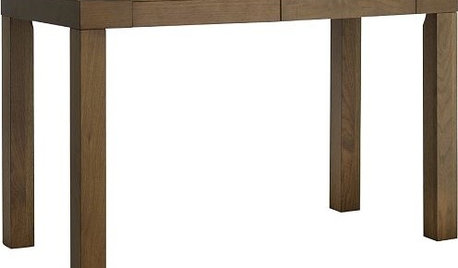
HOME OFFICES40 Stylish Gifts for the Home Office
Houzz Gift Guide 2010: Gifts That Keep a Workspace Fun, Organized and Looking Good
Full Story
KIDS’ SPACESOnce a Cluttered Closet, Now a Creative Workspace
With a desk, chalkboard walls and cute accessories, this 'cloffice' opens up a kid's bedroom. See the DIY steps
Full Story
ACCESSORIESHow to Hide Those Messy Wires
Untangle Yourself From Ugly Electrical Cords With a Few Tricks and Accessories
Full Story
LIFEHow to Prepare for and Live With a Power Outage
When electricity loss puts food, water and heat in jeopardy, don't be in the dark about how to stay as safe and comfortable as possible
Full Story
FURNITURESmart Shopper: How to Buy a Mattress
Confusing options, hair-raising prices, haggling ... Our guide can keep you from losing sleep over mattress shopping
Full Story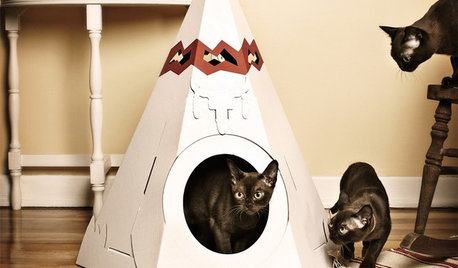
LIFEGet the Scoop on High-Design Litter Boxes
Unavoidable doesn't have to mean unpleasant; cats and guardians alike will purr over these terrific design solutions for the litter box
Full Story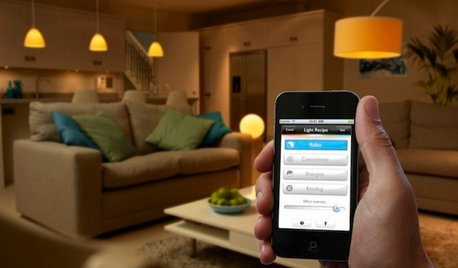
HOME TECHHere's a Bright Idea: Smart Bulbs for Better Lighting
Lightbulbs that can change brightness and color with a cell phone command show flashes of design brilliance
Full Story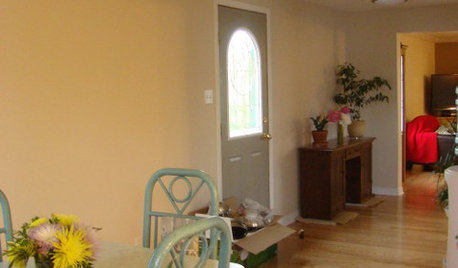
MORE ROOMSDesign Dilemma: Decorating Around an Open Entryway
How Would You Design This Narrow Space?
Full Story
KITCHEN DESIGN9 Ways to Design a Kitchen Desk With Style
Great Details, Color and Light for Your Kitchen Command Center
Full Story
DECORATING GUIDES8 Splendidly Redesigned Home Basics We All Use
Whether you find God or the devil in the details, these new takes on utilitarian items for the home are simply divine
Full StoryMore Discussions






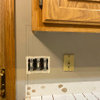
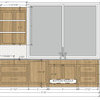
wayne440
stinkytiger
Related Professionals
Bay City General Contractors · Burlington General Contractors · Centereach General Contractors · Chowchilla General Contractors · East Riverdale General Contractors · Marysville General Contractors · Muskogee General Contractors · North Highlands General Contractors · Pine Hills General Contractors · Port Washington General Contractors · Security-Widefield General Contractors · Lynn Solar Energy Systems · Torrington Solar Energy Systems · Birmingham Home Automation & Home Media · Franklin Home Automation & Home Mediaweedmeister
parkplazaOriginal Author
brickeyee
steena1969
dim4fun
weedmeister
brickeyee
tom_p_pa
yosemitebill
azlighting
Ron Natalie
yosemitebill